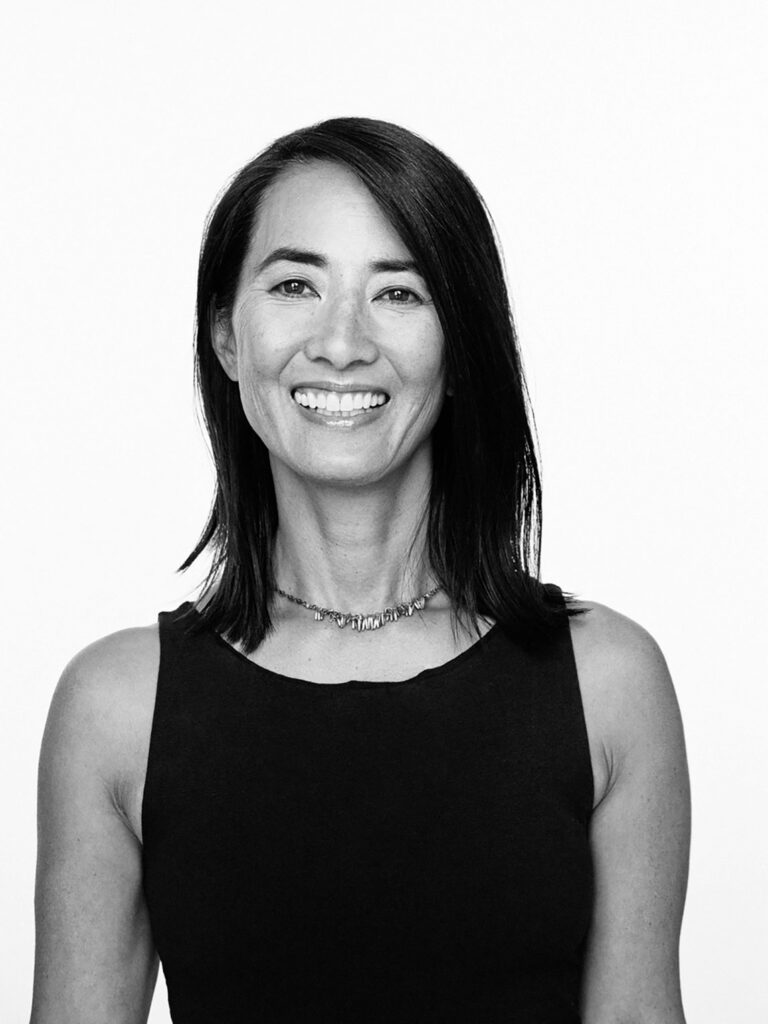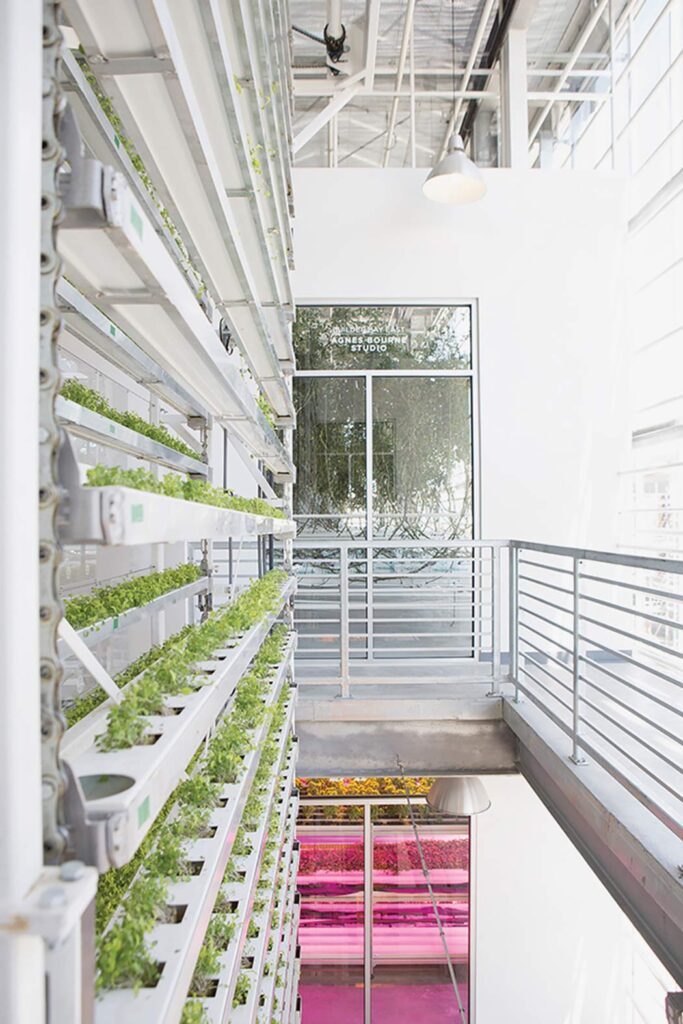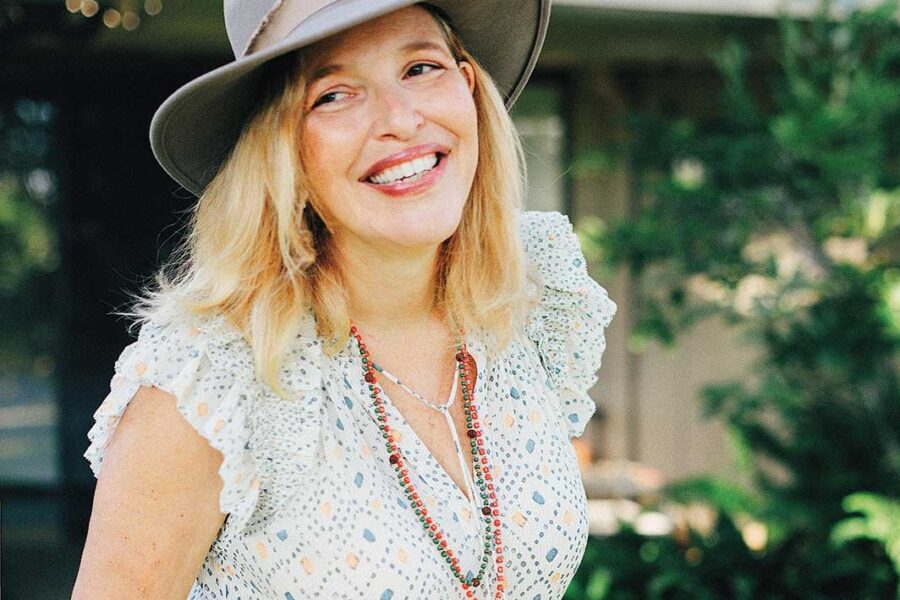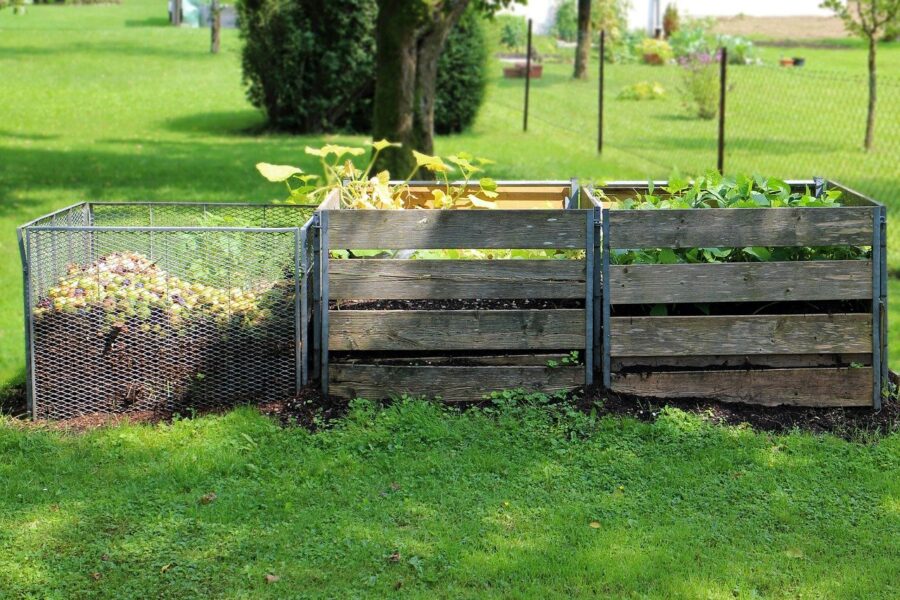
Penny McBride ’04 (Antioch Seattle, MA in Environment and Community) is a huge foodie. Before McBride became the COO at Second Chances Farm, she learned to appreciate high-quality food through her work as a chef. With an undergraduate degree in political science and sociology, McBride’s transition from chef to food producer was as natural as a blossom turning into an apple.
“I’ve always appreciated quality food and what it takes to make high-quality food,” she says.
Still, even natural transitions take work, and that’s a lesson McBride applies to her career too. After fourteen years of creating revolutionary growing systems, McBride has learned everything the hard way. As a child, she grew up on a large-scale farm and ranch, so she knows the grueling labor that goes into growing food. McBride understands that innovation is not easy.
“There’s not enough to be said about tenacity,” McBride says. “Sometimes, it’s hard to stick with something that you feel passionate about.”
Besides food, McBride is passionate about her community. As a chef for a local restaurant in Jackson Hole, Wyoming, she began to see the need for dependable, local food sources—something that would bring the community together in the way that only good food can.
“I’ve always thought that so many communities today are islands within themselves,” McBride says. “Few communities produce the food that they consume anymore. We are all so dependent on outside food sources.”
With a vision for the future, McBride still had a lot to learn about businesses and sustainable models. She set about looking for a Master’s degree program that would look at business models but would also incorporate the social and environmental elements of her undergraduate degree. That’s what led her to Antioch Seattle’s MA in Environment and Community.
“So often people think that when you are running an organization, you can’t focus on the community and the environmental factors that are so important to consider,” McBride says. “The Antioch program focused on creating and looking at systems in a way that you could consider all of those things while still functioning as a business.”
After graduating from Antioch, McBride worked for Terra Firma Organics, a business that specializes in large-scale composting in Jackson Hole. Little did McBride know that a featured article in the local paper and a phone call would revolutionize the way she thought about local food production.
“A case manager for adults with developmental disabilities reached out to me after she read the article,” McBride says. “She was looking for jobs for her clients with disabilities. It was the beginning of my education in alternative workforces that exist in every community.”
McBride started to think about food production on a much bigger scale. Her vision became two-fold: a food production company that provided a food source to locals while also developing and maintaining jobs to often-overlooked community members. Vertical Harvest was born, and after eight years of labor, McBride co-founded and officially launched the company.
“To me, Vertical Harvest was the perfect mix of everything that I learned while I was at Antioch,” McBride says. “It was a business that provided local jobs to an underserved employee sector, and we were creating a space for local food, which was positive for the environment.”

At the time, commercial vertical growing with hydroponics was relatively new, but today Vertical Harvest is an established business thriving in Jackson Hole. McBride learned a lot about growing systems through her work there. These days, however, McBride has partnered up with another Antioch alum, Ajit George ’77 (Antioch College, BA), to extend her vast knowledge of growing systems to a new venture: Second Chance Farm.
In her new role as COO of Second Chance Farm, McBride puts to use a lot of the core values and lessons she learned at Vertical Harvest, like benefiting underserved communities by using alternative workforces. Second Chances Farms, for example, hires and trains ex-offenders.
“What I think a lot of companies out there would benefit from, is really taking the time to train people for their strengths,” she says.
For McBride, seeing people flourish while discovering their own passions and community is the best part of the job. After all, as McBride points out, when we invest in people, we get the greatest returns.





